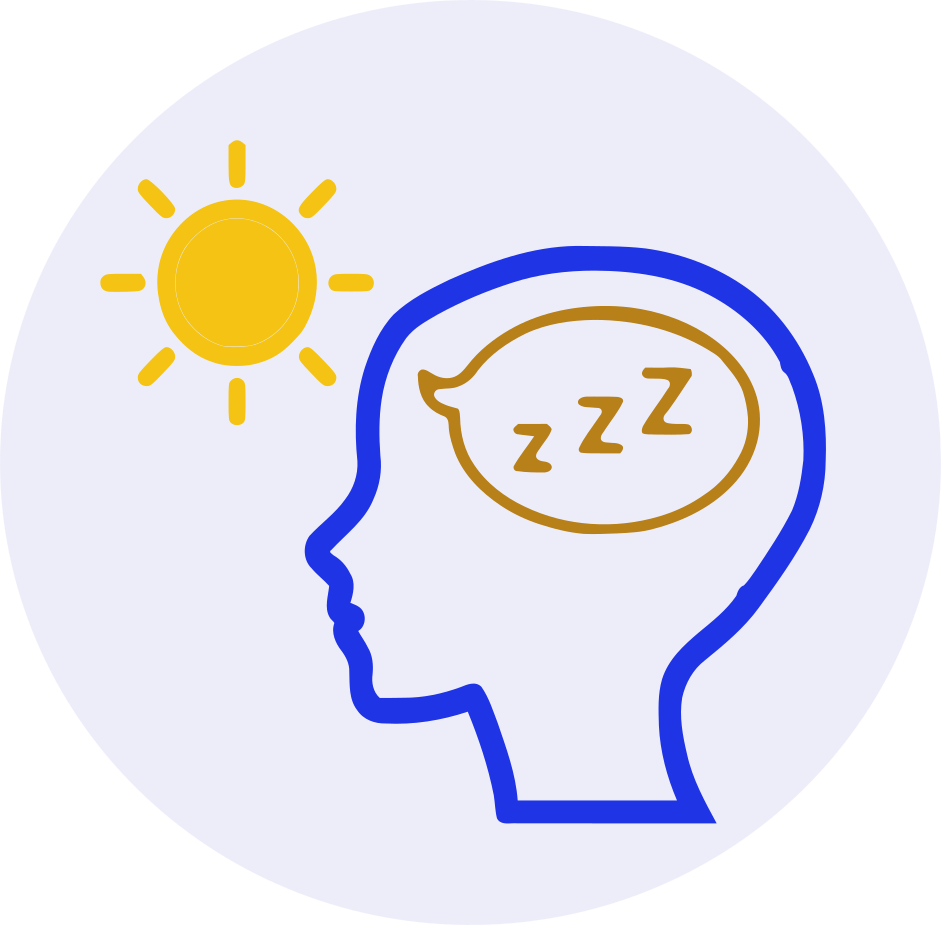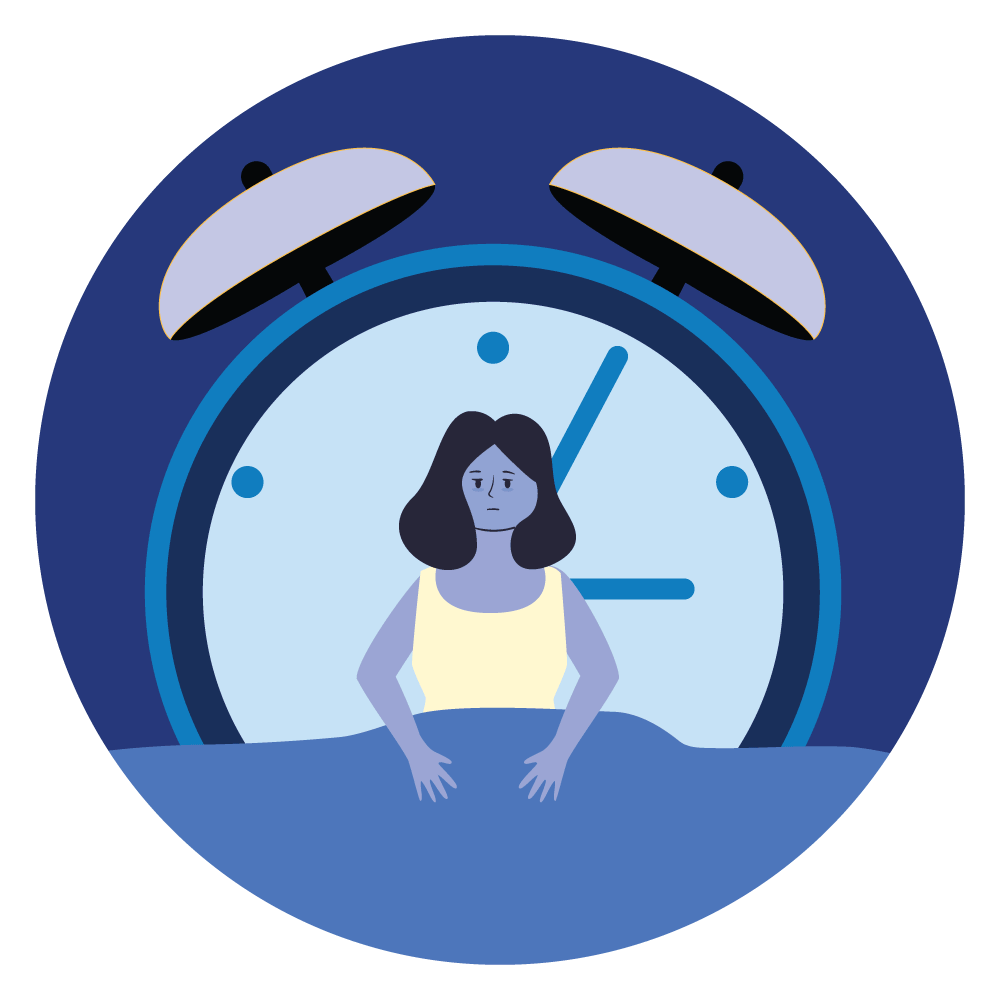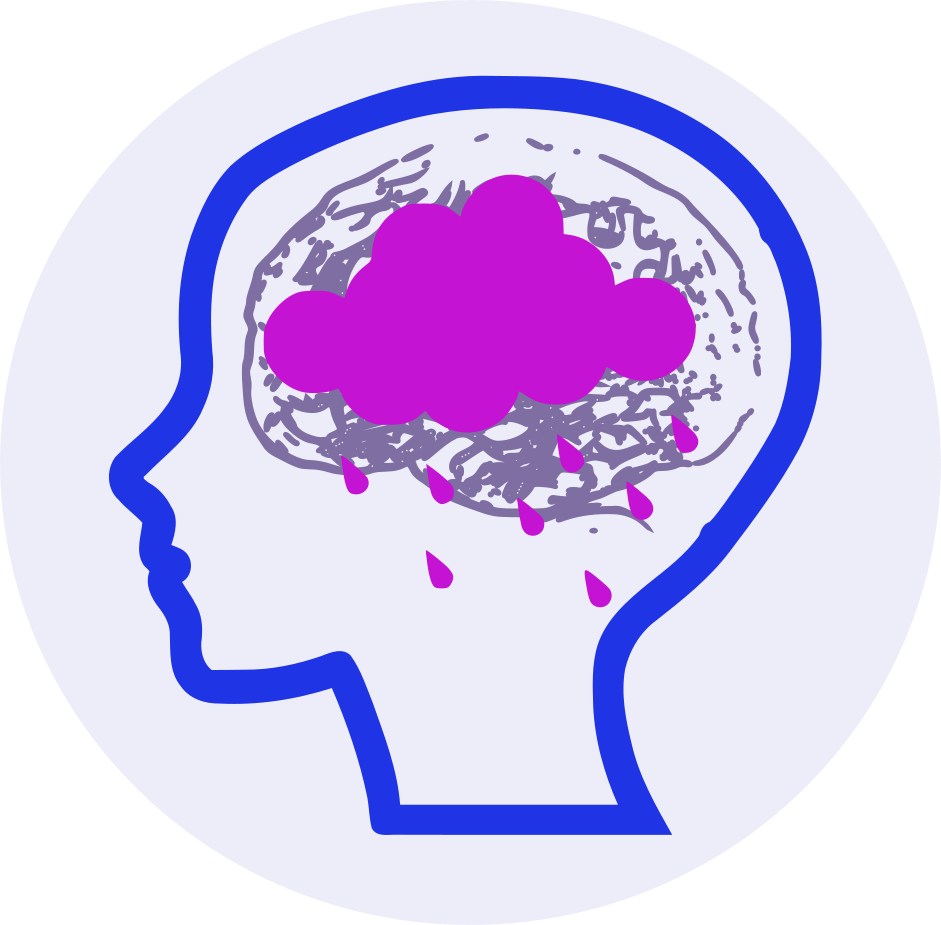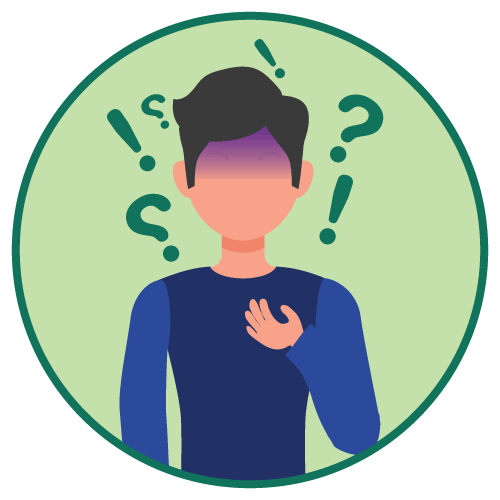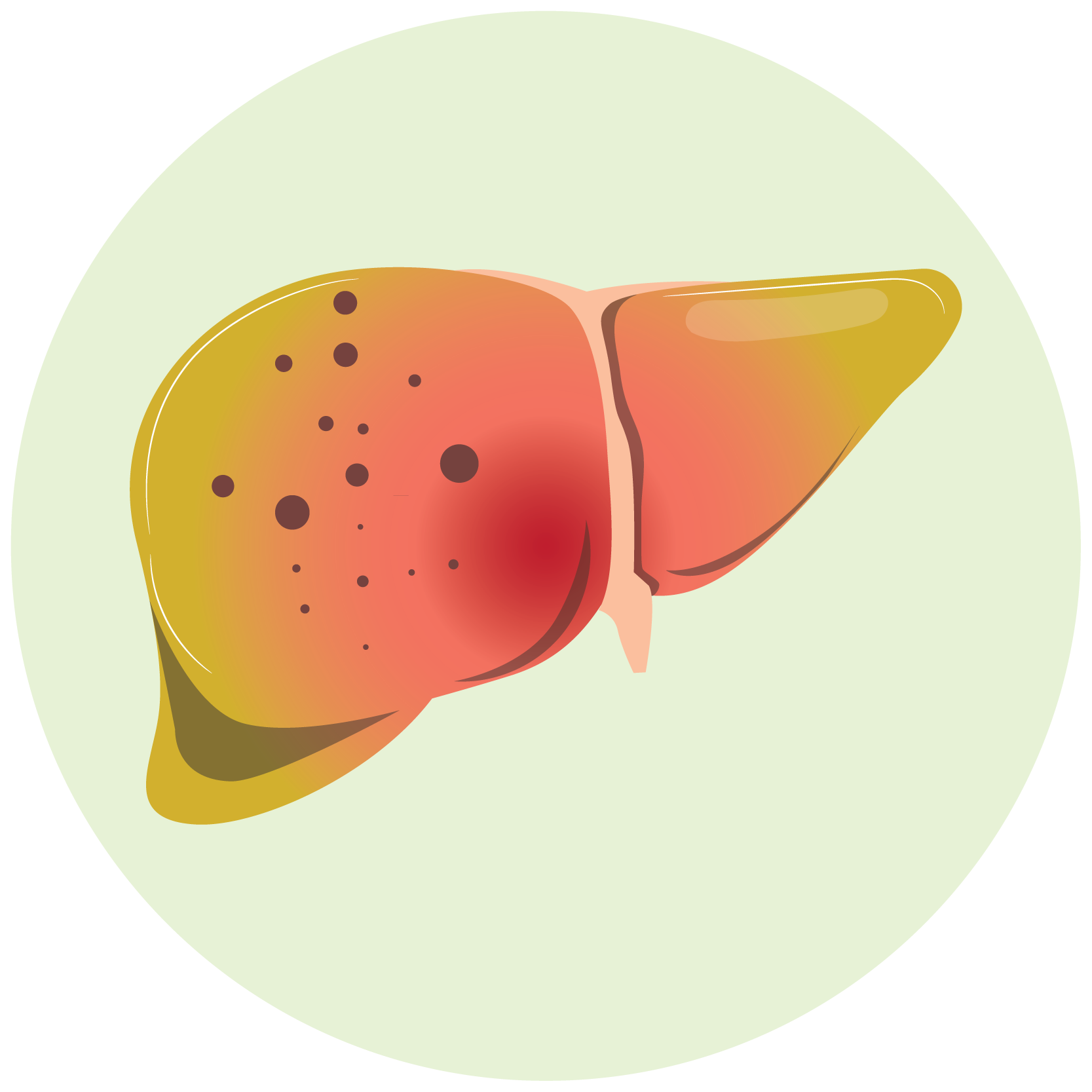| Name | Tetrabenazine |
| Classes |
Analgesic / Pain Killer Central Nervous System Agent Dermatological/Topical Agent Ophthalmic Preparation Nasal Preparation |
| Diseases |
Huntingtons Chorea(Uncontrolled Muscle Movement) Neuromascular Disorder |
Tetrabenazine
Tetrabenazine is in a class of medications called vesicular monoamine transporter 2 (VMAT2) inhibitors. The exact mechanism of action of tetrabenazine (Xenazine) is not fully understood. However, it is believed to work by inhibiting the uptake and storage of dopamine, a neurotransmitter involved in movement control, in the brain. By inhibiting the uptake and storage of dopamine, tetrabenazine reduces the amount of dopamine available to bind to receptors, which leads to a reduction in chorea (involuntary movements) associated with Huntington's disease. In addition, tetrabenazine also has been found to have an affinity for binding to the vesicular monoamine transporter 2 (VMAT2), which is responsible for packaging dopamine and other neurotransmitters into vesicles. By binding to VMAT2, tetrabenazine reduces the amount of dopamine stored in vesicles, leading to a reduction in dopamine levels in the synaptic cleft, the space between two neurons, which results in a reduction of chorea.
Tetrabenazine is a medication used to treat chorea (involuntary movements) associated with Huntington's disease. It is available as tablets.
The usual adult dose is 12.5 mg three times a day, with a maximum of 100 mg per day. The dosage should be titrated slowly, starting with a low dose and increasing gradually.
Common side effects of Tetrabenazine include-
- drowsiness
- insomnia
- depression
- anxiety
- nausea
- vomiting
- dry mouth
-
Drowsiness and sedation: Tetrabenazine may cause drowsiness and sedation, and patients should avoid driving or operating heavy machinery while taking this medication.
-
Depression and suicidal thoughts: Tetrabenazine may cause depression and suicidal thoughts, and patients should be closely monitored for signs of depression and suicidal ideation, particularly during the first few months of treatment.
-
Parkinson's disease: Tetrabenazine should be used with caution in patients with a history of Parkinson's disease, as it may exacerbate symptoms.
-
Drug interactions: Tetrabenazine may interact with other medications you are taking, including antidepressants, antipsychotics, and antihistamines. Be sure to tell your doctor about all the medications you are taking, including prescription and non-prescription drugs, vitamins, and herbal supplements.
-
Pregnancy and breastfeeding: Tetrabenazine should be used during pregnancy only if the potential benefit justifies the potential risk to the fetus. It is not known if Tetrabenazine passes into breast milk. Consult your doctor before breastfeeding.
-
Monitoring: Tetrabenazine therapy should be closely monitored by healthcare professional with expertise in treating chorea associated with Huntington's disease.
Contraindication
Tetrabenzaine is contraindicated in patients-
- taking monoamine oxidase inhibitors (MAOIs) or reserpine
- taking deutetrabenazine or valbenazine
None known.
Tetrabenzaine is contraindicated in-
- Patients who are actively suicidal, or who have depression which is untreated or undertreated
- Hepatic impairment
 Bangla
Bangla English
English
